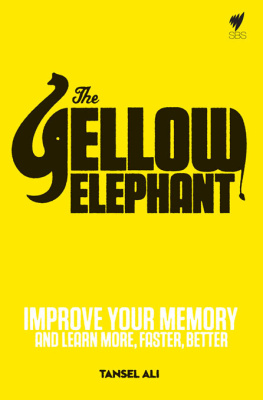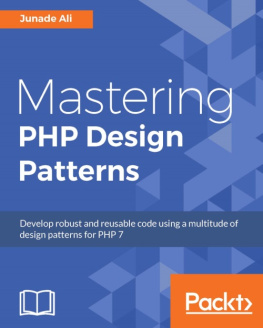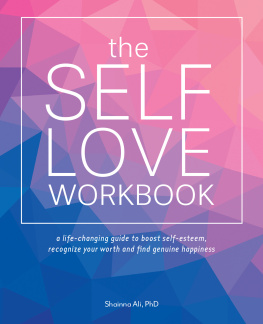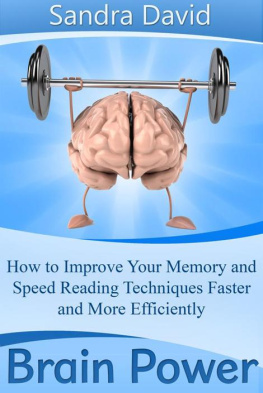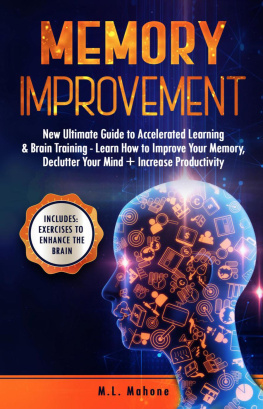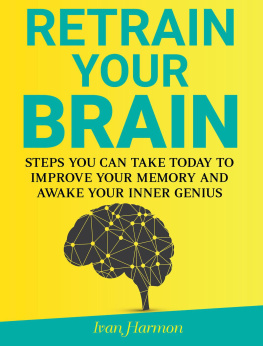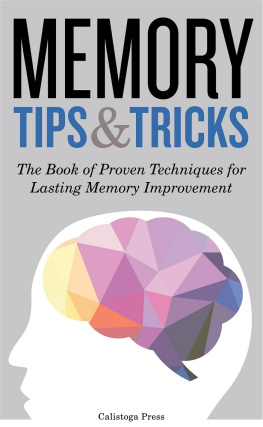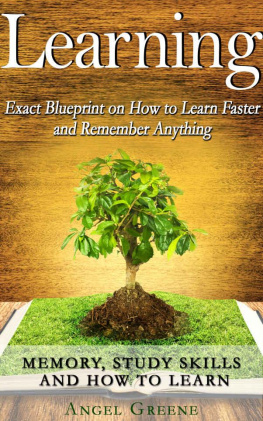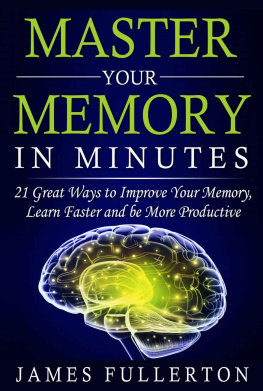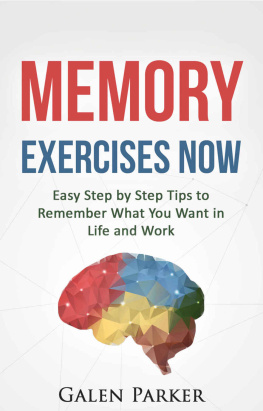An SBS Book
Published in 2013 by Hardie Grant Books
Hardie Grant Books (Australia)
Ground Floor, Building 1
658 Church Street
Richmond, Victoria 3121
www.hardiegrant.com.au
Hardie Grant Books (UK)
Dudley House, North Suite
3435 Southampton Street
London WC2E 7HF
www.hardiegrant.co.uk
All rights reserved. No part of this publication may be reproduced, stored in a retrieval system or transmitted in any form by any means, electronic, mechanical, photocopying, recording or otherwise, without the prior written permission of the publishers and copyright holders.
The moral rights of the author have been asserted.
Copyright text Tansel Ali 2013
A Cataloguing-in-Publication entry is available from the catalogue of the
National Library of Australia at www.nla.gov.au
The Yellow Elephant
eISBN 978 1 74358 014 1
Cover design by Luke Lucas
Text design by Kinart
Sugata Mitra graphic courtesy of Gavin Blake of FEVER PICTURE
To the memory of my mother, Sabiha Ali

Principles and techniques
Everyday applications
Training and putting it to the test
The true sign of intelligence is
not knowledge but imagination.
ALBERT EINSTEIN
Because Ive memorised telephone books and broken memory records, most people think that Im gifted with special memory powers. This is not true. You see, I never had a brilliant memory when I was younger! In fact, I used to forget a lot in my daily life and at work. It was frustrating but I took it as normal. So when my friend Metin told me he could memorise a list of forty shopping items, I laughed and didnt believe ituntil one day I tested him, and sure enough he memorised them all effortlessly. At that point, I was still sceptical. I thought he had used a trick of some sort. But there was no trick; it was not deception. He actually did memorise the list in random order. Now that he had wowed me, I had to know how to do it myself. I had no idea what I could use it for but I thought it was cool and wanted to be able to do it too. Once Metin showed me the technique, I was amazed at how easy it was to remember things.
That first small success inspired me to look for other ways to memorise things. I became interested in memorising playing cards, lists of words and numbers. Excited by my new-found skills, I discovered the Australian Memory Championships and suggested to Metin that we enter. Even if we came last, it would be a great experience, I thought, and also a chance to meet like-minded people. Upon entering the competition, we both ended up breaking several national memory records and came second and third in Australia. From that point on, I knew that I had a powerful tool to help me develop myself and also to help others. I devoted myself to helping people better themselves through the amazing ability of the mind. My knowledge of memory techniques allowed me to do that very easily. When it comes down to it, improving memory is not rocket science. Apply the techniques and be prepared to amaze yourself!
Memory and learning
In modern society, we are asked to learn more and more new thingslearning doesnt end after school or university. Yet how much of what we learn do we really retain? By not using our potential, we are travelling along unaware of the amazing things we could be achieving. Memory training and techniques such as speed reading and mind mapping can greatly increase our capacity to remember what we learn, allowing us to put it all to greater use. Although I discovered memory training after I had finished my undergraduate degree, I have since applied the strategies to my current studies and its made me better appreciate learning.
Memory training is all about imagination. It has allowed my brain to come up with more ideas and possibilities, and hence draw out opportunities that I would not have been able to before. For instance, I became a better educator as I understand how we learn, and I developed memory concepts and techniques such as the Yellow Elephant model and the ALI method. The practice of imagination required me to learn how to create strong visuals and connections, which not only helped me to remember but also helped me to become more creative and think outside the box. Memory training formed the basis of many new skills, such as speed reading, planning, time management, communication, educating, learning and, of course, remembering! I hope that this book will assist you to develop these areas as well.
In my eleven years as a memory trainer, I havent come across anyonefrom age four through to ninetywho couldnt apply the strategies I describe in this book. Anyone with a basic imagination can use these techniques to enhance their memory. Some people tell me they have tried speed reading or improving their memory before but couldnt stick with it. There are a lot of memory and speed reading courses out there that, unfortunately, only show you the techniques without an explanation of the underlying principles. I have found that it is most important to understand how these techniques work and why. By first learning the four-step Yellow Elephant model, and then applying it along with the VAI memory principle, you will understand the theory behind the techniques and be able to work with them a lot more confidently. Of course, practice makes perfect, and in this book I give you plenty of opportunities to practise, as well as tips for how to continue to improve on your own.
Technology and memory
Devices such as smartphones and tablets play a huge role in society today. Before these technologies were available, many people would memorise telephone numbers or to-do lists, and people had to rely on their memories more in their day-to-day activities. That being said, I dont believe technology is making our memories worse. The problem is that our collective understanding of memories has not advanced as quickly as technologywe are not taught memory techniques and advanced learning strategies. Rather than blaming technology, we should be blaming ourselves. Unfortunately, not many of the techniques in this book are taught in schools today. If they were, we would learn a lot fasterand perhaps even be more advanced.
Technology allows us to organise ourselves better and we can use it to our benefit. Combining the use of technology with memory techniques will ensure greater success in todays society. Being aware of memory techniques will help us to become more mindful and allow us to approach remembering in a whole new way.
Why train your memory?
Initially, it may seem like memory techniques are only good for remembering lists, numbers and names. However, if you dig deeper into what they offer, youll find that you can use them for just about anything in work and daily life. For example, you can use the techniques to make communication memorable and improve your engagement with staff and clients, or to improve your organisations marketing and advertising campaigns. Once you know the strategies, you can find ways of using memory techniques for many different applications. Organisations Ive worked with have solved many of their problems by looking deeper into memory and its uses.

